On Thursday, I had lunch with a close friend’s daughter. She’s a first-year student at Lawrence and she’s thriving: creating community, cultivating strong study habits, and taking care of herself. My heart felt buoyed after our time together. When I returned home, I learned about the son of another close friend. He wasn’t thriving; he was struggling and in pain. Though his mom did everything she could and loved him as-is, he died by suicide. My buoyed heart felt a deep ache.
Eight years ago, one of my best friends was diagnosed with cancer. She went through surgery, radiation, chemo and its after-effects. Today, she’s alive, happy, and cancer-free. Six years ago, another friend was diagnosed with cancer. He went through surgery, radiation, chemo, and experimental treatments. He was a model of healthful choices: meditation, exercise, and nutritious diet. Today, he’s no longer alive.
As a culture, we love success stories: people who survive cancer, depression, abuse, trauma, injustice, and grief, and go on to live inspiring, creative, meaningful lives. These stories give us hope, which is powerful, but they let us ignore an important truth: Not everyone’s life is a “success story;” we don’t all thrive; many of us struggle. In our cultural denial, we don’t have words to talk about suicide, cancer, death, divorce, and depression. We wish all those circumstances would go away.
Jane Kenyon, who died at the young age of 47, wrote a poem called “Otherwise.” It’s a poignant reminder that our ordinary lives can change quickly. The closing lines:
I slept in a bed
in a room with paintings
on the walls, and
planned another day
just like this day.
But one day, I know,
it will be otherwise.
Life is a complex mixture of grief and joy, hope and fear, love and sadness. When we ignore the difficult parts of life, assuming things will get better or “everything will be okay in the end,” we lose touch with our basic humanity. Tragic things happen to good people. And our hearts break open. This doesn’t mean anything is wrong; we’re just feeling what we feel. Letting our hearts break open is a portal to vulnerability, connection, and healing.
Years ago, I learned a valuable life lesson: When I open my heart to painful emotions, I open my heart even wider to love, compassion, and wonder. And it’s the vulnerability—showing up, shedding tears, being real—that strengthens my relationships.
Kenyon’s poem, “Otherwise,” is not a call for despair; it’s an invitation into gratitude, presence, and love. When we no longer pretend life is unlimited, we find joy in small moments, peace in our cracked-open hearts, and kindness in unexpected places.


